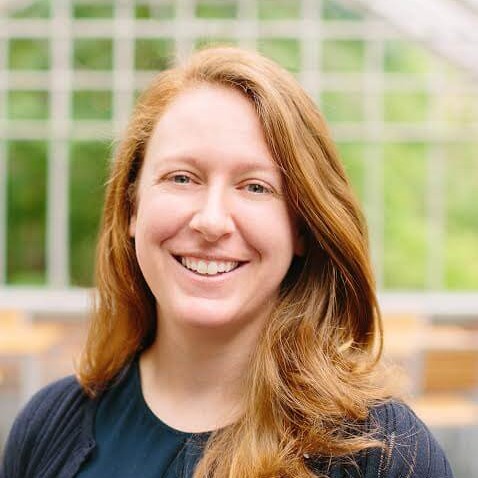Institutional Investor was proud to recognize leaders within the allocator community for their outstanding contributions to portfolio development at the second annual AlphaEdge Recognition Dinner. Prior to the event, we sat down with Kristin Agatone, recognized in the category of Most Influential Women in Investment Management.
Kristin is the Chief Investment Officer at Lehigh University. At the $2 billion endowment, she oversees the portfolio to ensure financial support for major initiatives and the university's broader mission.
Before joining Lehigh, Kristin was a managing director at Summit Rock Advisors, where she led the investment strategy for multiple asset classes. Prior to her time with Summit Rock, she worked at Harvard Management Company. She also previously worked in the private equity group at TPG Capital in San Francisco and the investment banking division at Goldman Sachs. Kristin earned a degree in economics from Harvard College and an MBA from Harvard Business School.
The following has been edited for length and clarity.
What do you think is the biggest challenge facing the industry right now?
 One persistent challenge is too much capital flowing to the same areas over a very short time. In addition, that capital is typically flowing into more illiquid areas, without the staying power or liquidity required for those strategies. In the run-up, this leads to inflated valuations, lower forward returns, and worse terms – and then when capital exits, there is forced liquidity.
One persistent challenge is too much capital flowing to the same areas over a very short time. In addition, that capital is typically flowing into more illiquid areas, without the staying power or liquidity required for those strategies. In the run-up, this leads to inflated valuations, lower forward returns, and worse terms – and then when capital exits, there is forced liquidity.
We try our best to stay ahead of those areas and are often reducing or selling as the large capital waves are coming in. On the other side, this can create an attractive re-entry point. It is challenging to execute, as you are often de-risking before peak valuations, and buying into discounted assets, but with our long-term horizon, it is something we can do.
What gets you up in the morning?
What gets me up is what’s not in our portfolio: It’s figuring out what’s next. With our investment horizon, we try to find investments that are unloved and untracked, but also have favorable long-term trends.
A few examples from the past few years are biotech, energy demand and the energy transition, Japan, and stressed real estate. We have also spent more time on venture capital, as valuations and capital have reset.
Who were your mentors and what got you into the investment industry?
I stumbled into the industry during my summer at business school as Harvard Management Company was hiring interns. During that internship, I realized how much I enjoyed the investment breadth required in the role; that, combined with the direct impact of the work, led me to join full time after school. I was also the first in my family to attend college and greatly benefited from financial aid, so it is very meaningful to help play a role in making that possible for other students.
I have been very lucky to work with great colleagues at every step of my professional career. For me, that network has been a helpful repository of advice and knowledge; I find myself going to different people in that group depending on the topic.
If you weren’t an allocator, what would you be doing?
At this point, I would use my time to pursue interests I haven’t had time for in a while. I love traveling so that would be on the list, but also activities like playing sports, music, and community service. We have a five-year-old, so it is a lot of fun to show him new places or activities, while I am re-learning them.
What’s the one tangible thing the industry should improve on?
The alignment between LPs and GPs is something we focus on a lot during our diligence, especially on the illiquid side of our portfolio given the duration of those structures.
For more content of Investor Week, visit the group here.
To discuss the content of this article or gain access to like content, log in or request membership here.
